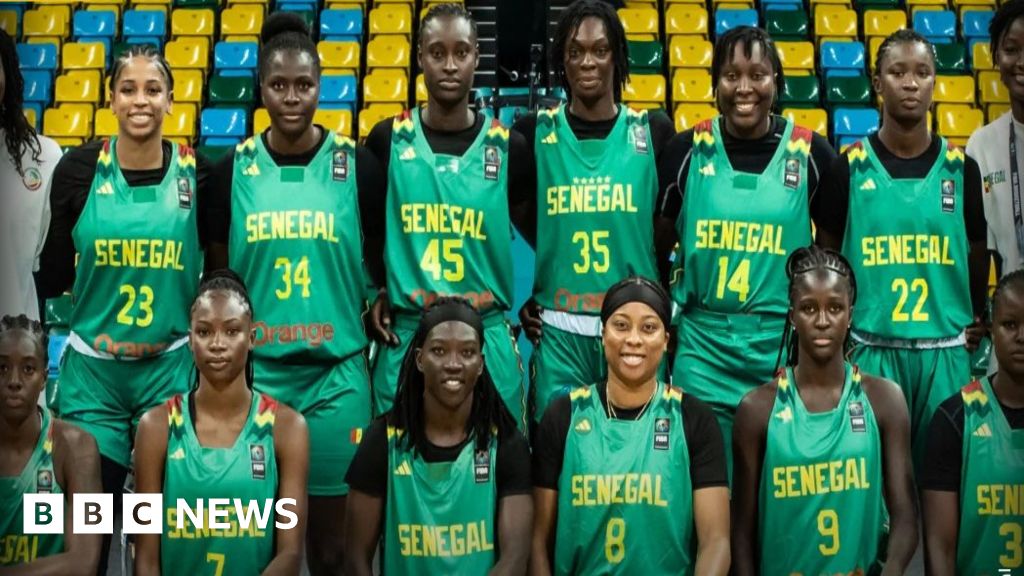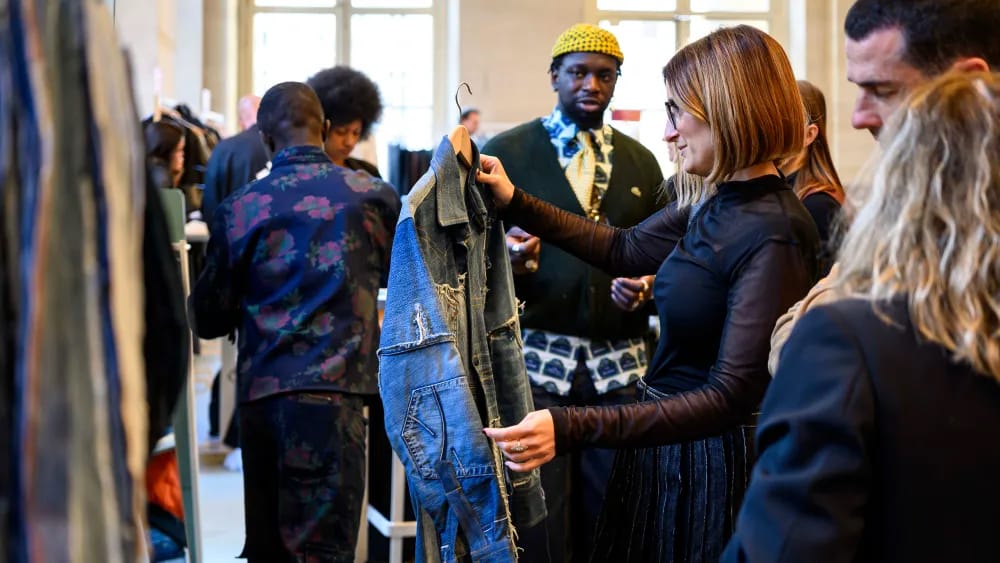Poor infrastructure, weak policy blamed for Africa's slow transition to digital finance - Radio Univers 105.7fm
An international finance expert has attributed Africa’s slow embrace of financial technology to a crippling mix of inadequate banking infrastructure and the absence of coherent national policies aimed at promoting digital inclusion.
Speaking at a two-day conference organized by the Merian Institute for Advanced Studies in Africa (MIASA) at the University of Ghana, Fabio Knumann of Deutsche Bank said the continent’s overreliance on physical cash, accounting for over 56% of daily economic transactions, is a symptom of structural and policy-level failures that continue to exclude millions from the digital financial ecosystem.
“In this era where digital technologies are streamlining core banking activities across the globe, Africa still lags behind because of limited infrastructure to support citizens in their daily financial needs,” Mr. Knumann stated during his keynote address.
“Unlike in the Global North, where citizens enjoy widespread access to ATMs and digital payment points, most African countries still struggle with the basics.”
The conference, themed “Cash in Crisis in Africa: Navigating Financial Realities in Times of Disruption,” brought together policymakers, academics, finance professionals, and the general public to reflect on the persistent use of cash in Africa and explore sustainable pathways for digital financial integration. It was hosted by MIASA’s Interdisciplinary Fellow Group 12, whose research on financial systems in Africa informed the discussions.
Knumann pointed out that many African countries have yet to adopt coordinated and forward-looking policies to promote digital finance. This lack of planning, he said, discourages private investment in banking infrastructure and limits citizens’ trust and interest in digital financial tools.
“Physical cash continues to dominate because the enabling environment for digital finance is either absent or underdeveloped. Without ATMs, reliable internet, and mobile acceptance points in both urban and rural areas, it’s unrealistic to expect people to embrace fintech solutions,” he said.
Beyond infrastructure, he also highlighted socio-cultural barriers—such as low financial literacy, fear of fraud, and emotional attachment to physical cash—as additional reasons why digital payment adoption remains low across many parts of Africa.
“Many people still equate cash with security, prestige, or fulfillment. There is a cultural satisfaction in holding and exchanging hard currency, which digital wallets can’t yet replicate,” he explained.
“In rural areas especially, the lack of education on how digital finance works and how it protects people from theft or loss means that the shift away from cash remains a tough sell.”
However, Knumann acknowledged the significant strides being made by larger African economies in digital innovation, particularly in mobile money and banking interoperability. He cited Ghana, Kenya, Nigeria, Morocco, and Egypt as leading the continent’s push towards financial inclusion through digital platforms.
“Africa accounts for over 500 million mobile money subscribers—a remarkable feat,” he noted.
“Efforts to integrate mobile banking with formal financial institutions, especially in places like Kenya and Ghana, show what is possible when policy and infrastructure come together with the right intent.”
Participants at the MIASA conference called for renewed collaboration between governments, private financial institutions, and civil society to create inclusive, resilient, and scalable financial ecosystems. Many pledged to become advocates for digital finance within their countries and sectors.
The event concluded with a resolution to deepen research on Africa’s financial systems, develop context-specific policy recommendations, and increase public education on the benefits of digital finance.
Story by: Sika Togoh |univers.ug.edu.gh










